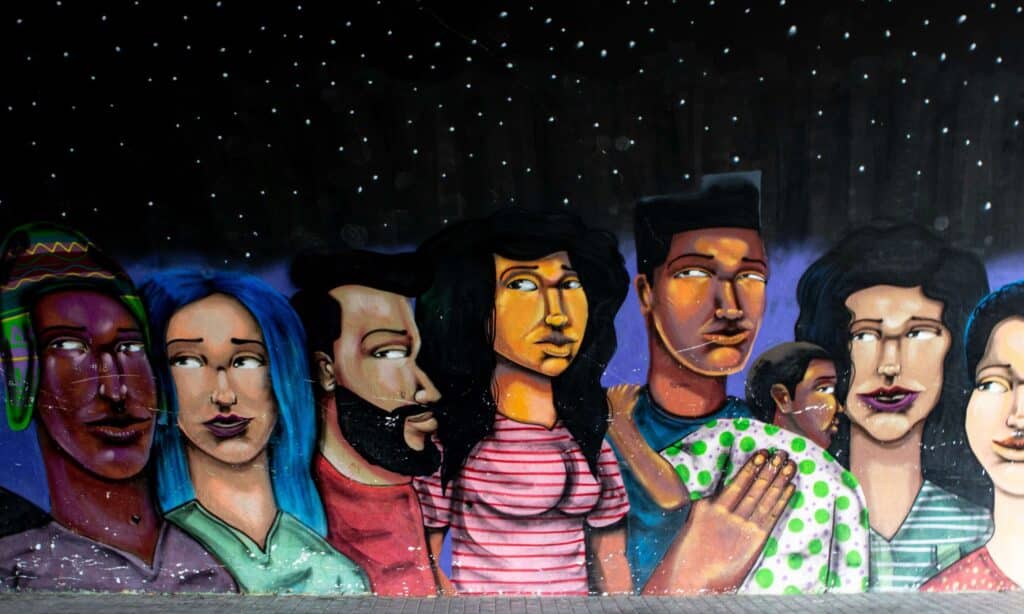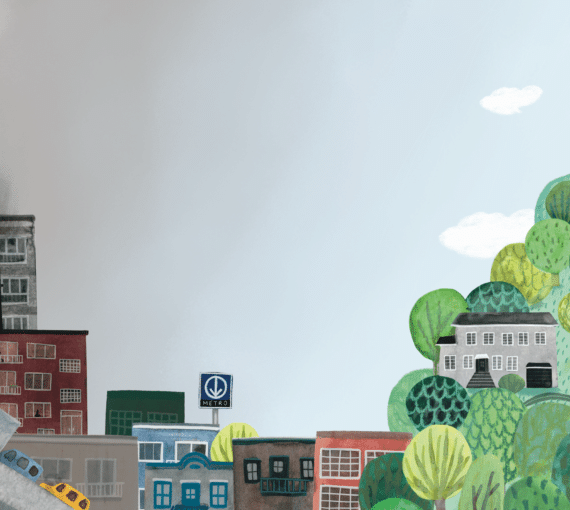
As we approach Canadian Multiculturalism Day (June 27), it’s fitting to reflect on the richness that cultural diversity brings to our nation.
This celebration is not just about acknowledging our differences but about recognizing the shared values and practices that bind us together. One such universal value, deeply rooted in many cultures, is the concept of wellbeing economies. Understanding and integrating wellbeing principles can pave the way for a stronger, more inclusive Canada.
A wellbeing economy prioritizes human and ecological wellbeing over economic growth. It is a holistic approach that seeks to balance prosperity with the health of our communities and the environment. This concept isn’t new; it has existed in various forms across different cultures for centuries.
Indigenous wisdom and wellbeing
Indigenous communities on these lands have long embraced forms of wellbeing economies. Many traditional Indigenous economies are based on principles of reciprocity, sustainability and community welfare. Many Indigenous world views see Earth not just as a resource but as a living entity to be respected and cared for. This perspective promotes a balanced relationship between humans and nature, emphasizing the need for sustainability and long-term thinking.
Learning Indigenous principles into our broader economic policies can help Canada move toward a sustainable and equitable future. For example, the concept of “seven generations” encourages decision-makers to consider the impacts of their actions on the next seven generations, fostering a sense of responsibility and stewardship that is often missing in contemporary economic practices.
Many Indigenous world views see Earth not just as a resource but as a living entity to be respected and cared for. This perspective promotes a balanced relationship between humans and nature, emphasizing the need for sustainability and long-term thinking.
Eastern philosophies and balance
Many Eastern philosophies also align with the principles of a wellbeing economy. For instance, the concept of “gross national happiness” in Bhutan prioritizes the collective happiness and wellbeing of the population over traditional economic indicators like “gross domestic product.” GNH encompasses various dimensions such as sustainable development, cultural preservation, environmental conservation and good governance.
Adopting similar metrics in Canada can shift our focus from short-term economic gains to long-term societal health. Policies inspired by GNH can help address issues such as mental health, income inequality and environmental degradation, creating a more balanced and harmonious society.
Ubuntu: African contributions to wellbeing
The African philosophy of ubuntu, which translates to “I am because we are,” underscores the importance of community, compassion and mutual support. This philosophy promotes the idea that individual wellbeing is intrinsically linked to the wellbeing of others. It encourages collective responsibility and social cohesion, which are essential for a resilient society.
Learning the spirit of ubuntu into Canadian policies can strengthen our social fabric. It can lead to initiatives that promote community engagement, social justice and equitable distribution of resources. By fostering a sense of interconnectedness, we can build a more inclusive and supportive society in which everyone has the opportunity to thrive.
A multicultural approach to a wellbeing economy
Canada’s strength lies in its diversity. We are known as a cultural mosaic, after all. By drawing on the wealth of knowledge and practices from different cultures, we can create a uniquely Canadian model of a wellbeing economy. This model would prioritize the health and happiness of all people in Canada, respect for the environment and promotion of social equity.
Canada’s strength lies in its diversity. We are known as a cultural mosaic, after all. By drawing on the wealth of knowledge and practices from different cultures, we can create a uniquely Canadian model of a wellbeing economy. This model would prioritize the health and happiness of all people in Canada, respect for the environment and promotion of social equity.
As we celebrate Canadian Multiculturalism Day, let us commit to learning from each other and integrating these diverse perspectives into our national policies. By doing so, we can build a stronger, more resilient Canada that not only survives but thrives in the face of global challenges.
Canadian Multiculturalism Day is more than a celebration of our diverse heritage. It is an opportunity to reflect on and embrace the principles of wellbeing economies that have existed in many cultures. By integrating these principles into our economic and social policies, we can create a Canada that is stronger, more inclusive and truly reflective of the values we cherish.
Related projects
Always grounded in sound evidence, the David Suzuki Foundation empowers people to take action in their communities on the environmental challenges we collectively face.



